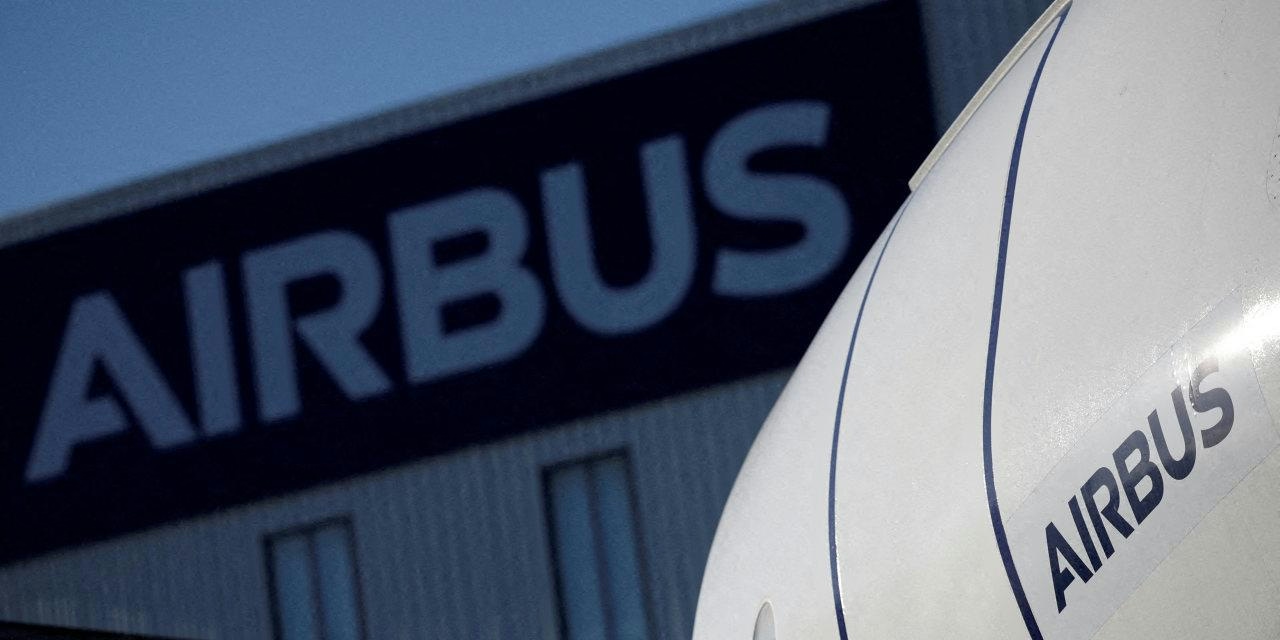أيروجيني — مساعدك الذكي للطيران.
الرائج الآن
Categories
Airbus Monthly Deliveries Continue to Increase

Airbus Monthly Deliveries Continue to Increase
Airbus has reported a steady rise in aircraft deliveries for the third consecutive month, signaling renewed momentum for the European aerospace manufacturer. On August 7, 2025, the company announced it delivered 67 jets to 41 customers in July, bringing its total deliveries for the year to 373. This increase follows 63 deliveries in June, 51 in May, and 56 in April, reflecting a consistent upward trend in production and distribution.
Delivery Performance and Industry Outlook
The latest figures come shortly after Airbus reaffirmed its annual target of approximately 820 aircraft deliveries during its half-year results announcement on July 30. Earlier in the year, this goal appeared ambitious amid ongoing industry headwinds, but the recent pace suggests Airbus is now on track to meet its objective. CEO Guillaume Faury highlighted that 60 completed aircraft are currently awaiting engines, underscoring persistent supply chain complexities that continue to challenge the sector.
Among the July deliveries, six A350s were handed over to major carriers including Emirates, Air France, Iberia, Japan Airlines, Etihad, and Turkish Airlines. Notably, Etihad received its first of 30 Airbus A321LRs, featuring premium cabins typically reserved for long-haul flights—a regional first. Airbus also secured seven new orders in July, with Condor purchasing four A330neos and an undisclosed customer ordering three A321neos.
Challenges and Market Dynamics
Despite the positive delivery momentum, Airbus continues to face significant challenges. Persistent supply chain disruptions, rising production costs, and the need to comply with evolving regulatory standards remain substantial hurdles. These factors could affect the company’s ability to sustain its current delivery pace and meet its annual targets.
Market reactions to Airbus’s improved performance have generally been favorable, with increased investor confidence reflecting optimism about the company’s prospects. However, some analysts caution that a rapid ramp-up in deliveries could lead to overcapacity in the market, potentially exerting downward pressure on aircraft values and airline profitability.
Meanwhile, competitors are closely monitoring Airbus’s progress. Boeing, in particular, may respond by accelerating its own production schedules or introducing new aircraft models to maintain its market share. This evolving competitive landscape highlights the high stakes in the global aerospace industry as manufacturers strive to recover from recent disruptions and capitalize on renewed demand.
As Airbus works to overcome operational challenges and deliver on its ambitious targets, the coming months will be critical in determining whether the company can maintain its upward trajectory amid a dynamic and competitive market environment.

Emirates Unveils Cabin Design for New Boeing 777X

Eighteen Years On, the Airbus A380 Remains Central to a $34 Billion Airline

How a boom in luxury airline seats is slowing down jet deliveries

Navitaire Outage Attributed to Planned Maintenance

DigiYatra Debuts Outside Aviation at India AI Impact Summit

Vietnam Orders Strengthen Boeing’s Commercial Outlook

Airbus Signals Uncertainty Over Future A400M Orders

JobsOhio Awards $2 Million Grant to Hartzell Propeller for Innovation Center

Collins Aerospace Tests Sidekick Autonomy Software on YFQ-42A for U.S. Air Force CCA Program

How the Airbus A350-1000 Compares to the Boeing 777
